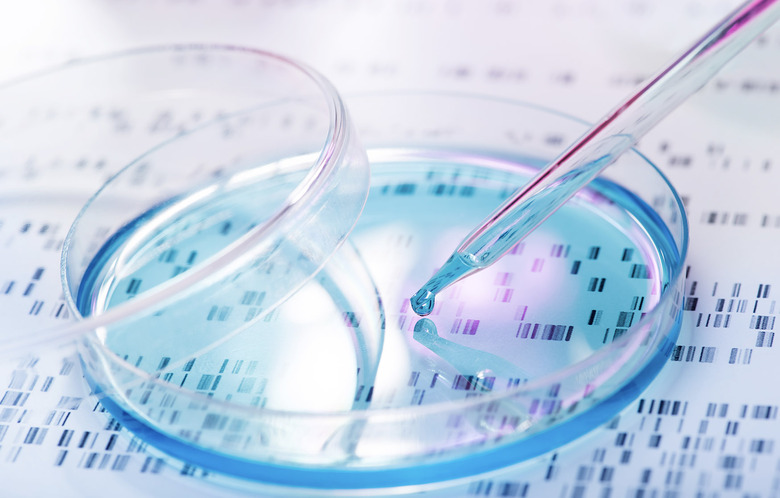A Drug For Diarrhea Can Kill Aggressive Cancer Cells
- New research suggests that a drug used to slow down an upset digestive tract may actually be useful in the treatment of cancer.
- The medication, called loperamide, is often used to treat diarrhea, but it can also induce the destruction of certain tumor cells.
- Additional research is needed, but the findings could lead to novel treatments for certain aggressive types of cancer.
In the fight against cancer, doctors and scientists have tried many, many unconventional things. Sometimes existing drugs that weren't originally intended to treat certain ailments prove beneficial later on, and it's not until extensive research on a drug's effects is done that scientists truly know what any given medication is capable of.
Now, the anti-diarrhea drug loperamide is gaining attention from doctors after it was shown by a team of scientists at Goethe University to be helpful in the treatment of glioblastoma, a particularly aggressive and deadly type of cancer. The drug induces a state in human cells that healthy cells can withstand, but that cancer cells cannot.
According to a new paper published in the journal Autophagy, when loperamide interacts with tumor cells, the cells produce a stress response that effectively acts like a self-destruction command for the cell. The cancerous cell ultimately dies, which is obviously a good thing.
The mechanism by which the medication works is linked to the natural cell process of autophagy, which helps keeps cells healthy by breaking down things it doesn't need or parts that are damaged. In a healthy cell, this process is obviously very useful, but when the process is intensified, as loperamide seems to help with, tumor cells can't handle the intensified activity and ultimately break themselves down so much that they die.
In the paper, the researchers note that this treatment appears to work well against glioblastoma cells. Glioblastoma is an incredibly devastating form of cancer that spreads rapidly and can often lead to death. Finding a novel treatment for such a terrible disease is a big deal, but the team isn't ready to just start giving the anti-diarrhea medication to cancer patients just yet.
The team suggests that the findings could be used in future treatments. If scientists can isolate or perhaps even intensify the stress response that the drug produces within cells, they could target tumor cells while effectively ignoring healthy cells, as they seem to be able to handle the intensified activity.
Going forward, it'll be interesting to see if the drug, which has proven itself to be safe and effective in the treatment of diarrhea, could actually help fight the spread of cancer in patients. If so, it wouldn't be the first time that an existing drug proved beneficial for diseases that it wasn't originally designed to treat, but it might be the best surprise yet.
